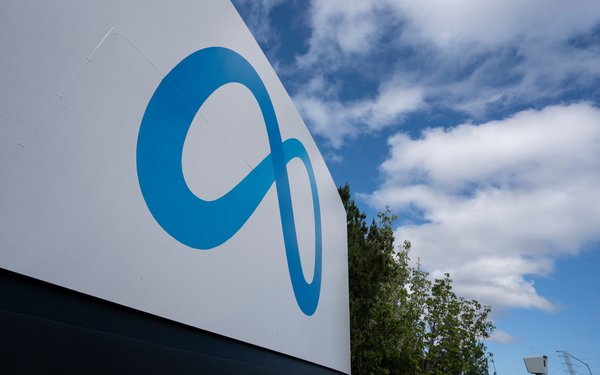
With only three months to go before the U.S. presidential election,
Meta has officially shut down CrowdTangle, a data-insights tool used by tens of thousands of academics, researchers and journalists to track conspiracy theories and misinformation in viral content on
Facebook and Instagram, replacing it with a more limited set of tools only accessible by eligible academics.
Since Meta first announced it would shutter CrowdTangle in March, academics, researchers,
politicians and regulators have publicly denounced the tech giant's decision. Over 50,000 people have signed letters and petitions urging Meta to suspend its plans until after the election, according
to the Mozilla Foundation.
“CrowdTangle data has been used to help researchers to understand and expose Russian-linked influence operations in Africa (that Facebook then appropriately
shut down); to help journalists to report on the effects of COVID-19-related shutdowns on mental health; to identify security threats to candidates of both political parties; to document ISIS and
Russian war crime propaganda, and to test the value of educational technologies,” reads the letter addressed to Meta CEO Mark Zuckerberg from the group of senators and
members of Congress.
advertisement
advertisement
In March, Meta wrote that its “data-sharing products are evolving alongside technology and regulatory changes,” adding that phasing out CrowdTangle would allow
the company to invest in new research tools -- specifically Meta Content Library.
However, Meta Content Library is much more limited than CrowdTangle, requiring researchers from
“qualified academic or nonprofit institutions who are pursuing scientific or public interest research” to apply for access.
So far, only several hundred researchers have reportedly
been allowed into the Meta Content Library, according to Platformer, while journalists are unable to even apply, unless they are part of a nonprofit newsroom or are partnered with a research
institution.
According to the company, Meta Content Library is also the result of new data-sharing and transparency regulatory requirements formulated by the European Union’s Digital
Markets Act.
But CrowdTangle's former CEO Brandon Silverman, who cofounded the company in 2011 with Matt Garmur, criticized Meta's decision in March.
Silverman wrote in a blog post
that shutting down the tool so close to the U.S. presidential election was “incredibly irresponsible,” adding that he hopes the tool’s legacy will “inspire a permanent set of
regulations that make real-time access to public data a legal requirement and an ongoing part of how we manage the internet responsibly & collaboratively.”
“Against this
backdrop, Meta decided to kill one of the best tools that civil society had to monitor and report on the hate speech and election interference that is almost certain to proliferate on its
platforms,” Brandi Geurkink, executive director of the Coalition for Independent Technology Research, told NPR.
The Real Facebook Oversight Board, a coalition of academics and
civil rights groups, called Meta’s move “another brazen blow to transparency across its platforms,” closing the statement with “RIP CrowdTangle.”